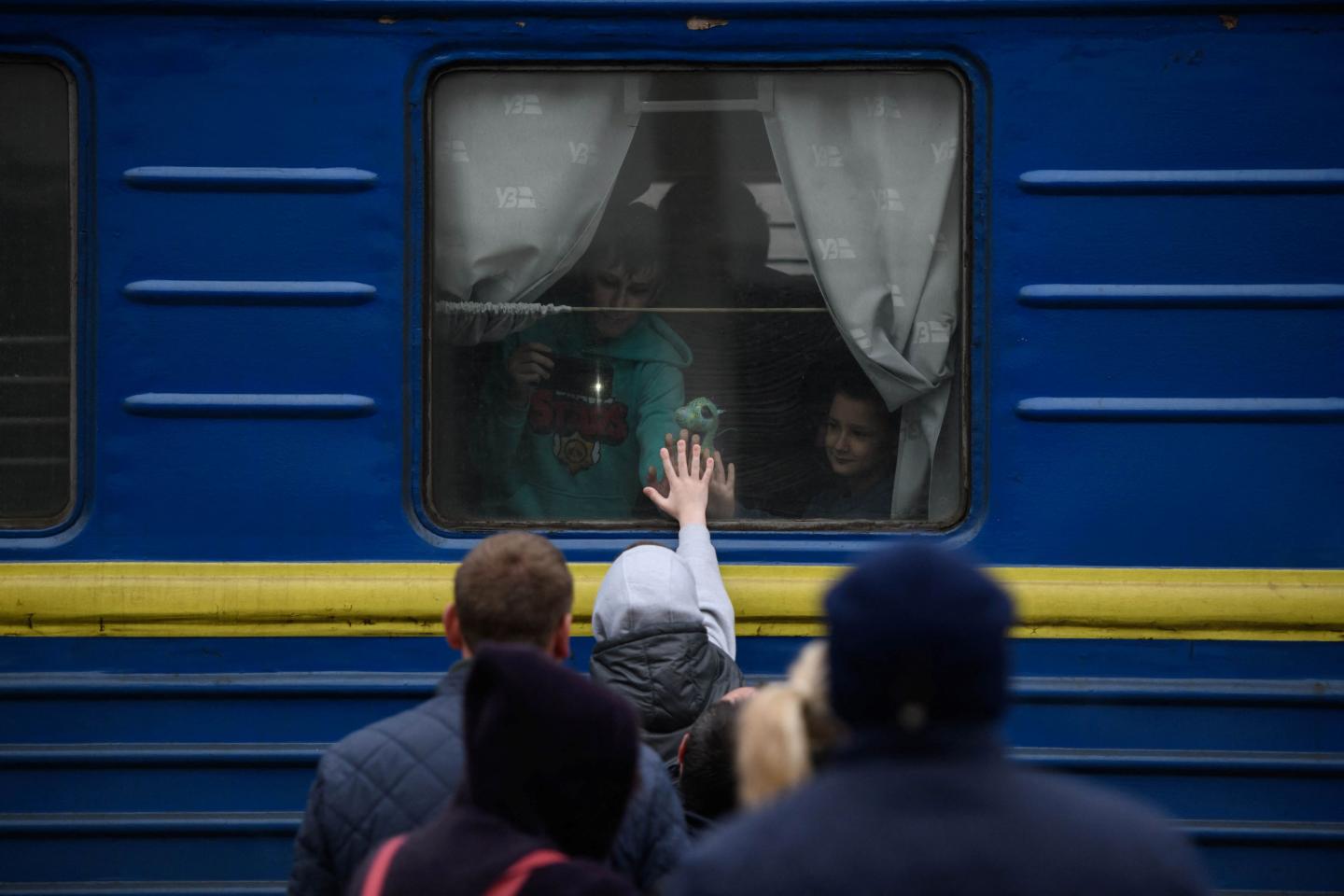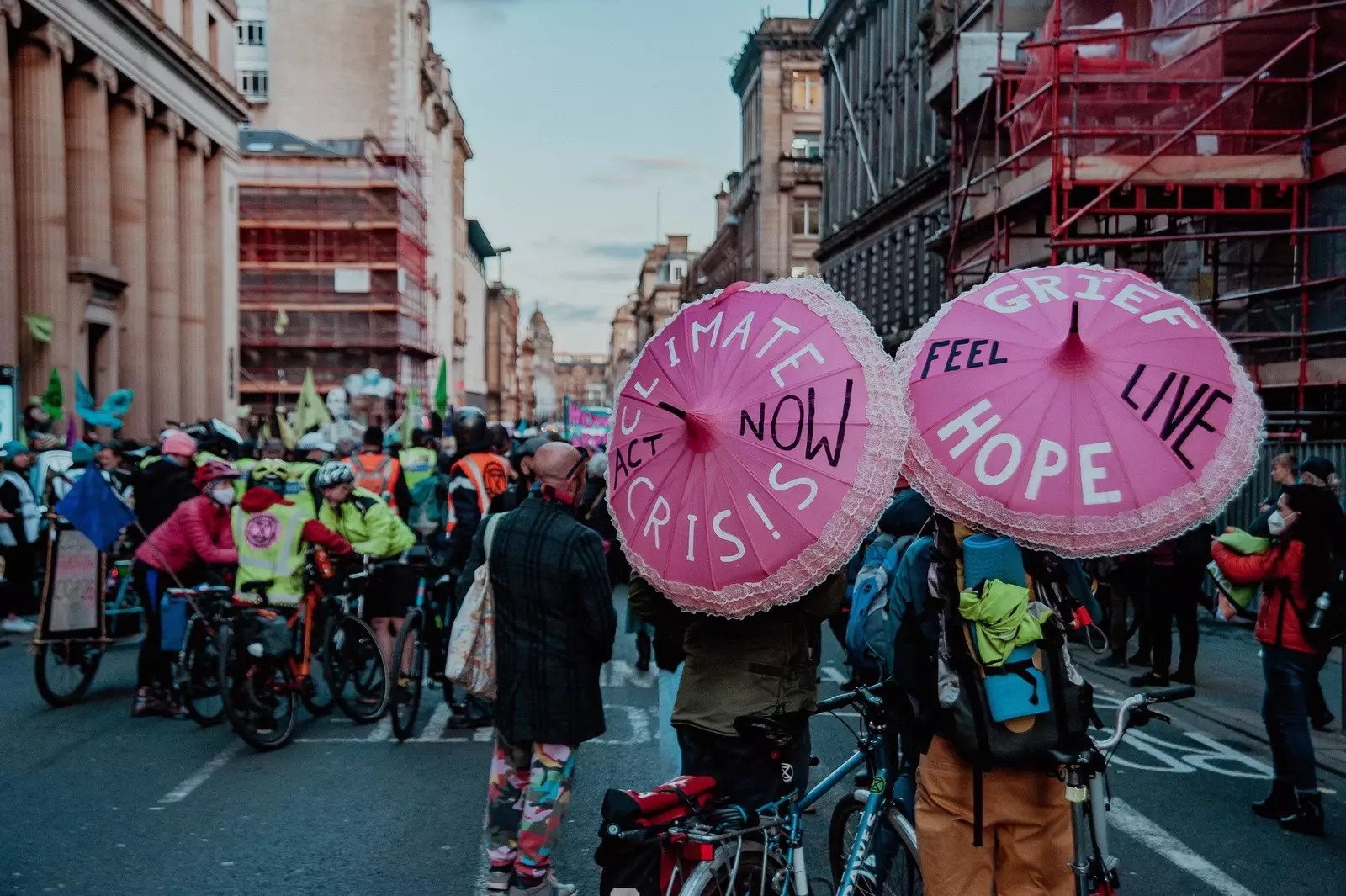Buddhism most trusted religion in New Zealand, survey says
Buddhism is the most trusted religion in New Zealand, while Evangelical Christians take the bottom spot, a new survey says.
The survey from the Victoria University of Wellington was conducted about a month after the Christchurch mosque shootings, and probed respondents on their trust in other people, groups or institutions.
Part of the survey included asking people how much trust they had in specific religious groups – revealing Buddhism was the most trusted by Kiwis.
There were about 58,000 Buddhists in the 2013 census.
“Thirty five per cent of New Zealanders have complete or lots of trust in Buddhists,” said doctor Simon Chapple, director of the Institute for Governance and Policy Studies at Victoria Business School.
“The least trusted religious group in New Zealand is a minority Christian group, Evangelicals, of which there were 15,000 in 2013.”
About 20 per cent of respondents had complete or lots of trust in Evangelicals.
Trust levels towards all other religious groups were effectively indistinguishable from one another, with 28.7 per cent of New Zealanders having complete or lots of trust in Protestants (of whom there were about 900,000 in the 2013 Census) and 24 per cent having little or no trust.
This was compared to figures of 27.3 per cent and 22.8 per cent respectively for Muslims (46,000 people in 2013), and to figures of 29.8 per cent and 17.3 per cent for Jews (7000 people in 2013).
“There is no evidence in the trust data of a meaningful trust deficit displayed towards Muslims compared to mainstream Christian denominations,” Chapple said.
“Nor, for that matter, is there a trust deficit for Jews. There is, however, some evidence of moderate disproportional social prejudice towards minority Evangelical Christians.
“There is no evidence of either local anti-Semitism or Islamophobia in the post-shootings responses, in the form of any unusual trust deficit displayed towards Jews or Muslims,” the report said.
The survey was run with the goal of finding what, if any, impact the terror attack caused on people’s trust levels. It concluded Kiwis showed no change in interpersonal trust.
“On our measurement scale of 0 to 10, where 0 is no trust at all and 10 is totally trust, our survey showed that interpersonal trust averaged a value of 6.3, both before and after the shootings,” Chapple said.
“New Zealanders’ trust basically didn’t change in response to the shootings. If the goal of the shootings was to lower trust and sow suspicion across wider New Zealand, there is no evidence that it has succeeded in its goal.”
He said the researchers also wanted to find out about gun ownership in New Zealand, and found that 15 per cent said they had guns in their homes.
“Overall, gun owners were more trusting of other gun owners, as well as the pro-gun lobby, than non-gun owners,” Chapple said.
“However, they also trust themselves far more than they trust the pro-gun lobby who claim to represent them.”
Colmar Brunton collected data for the survey from 1000 people aged 18 or over and interviewed them online.






